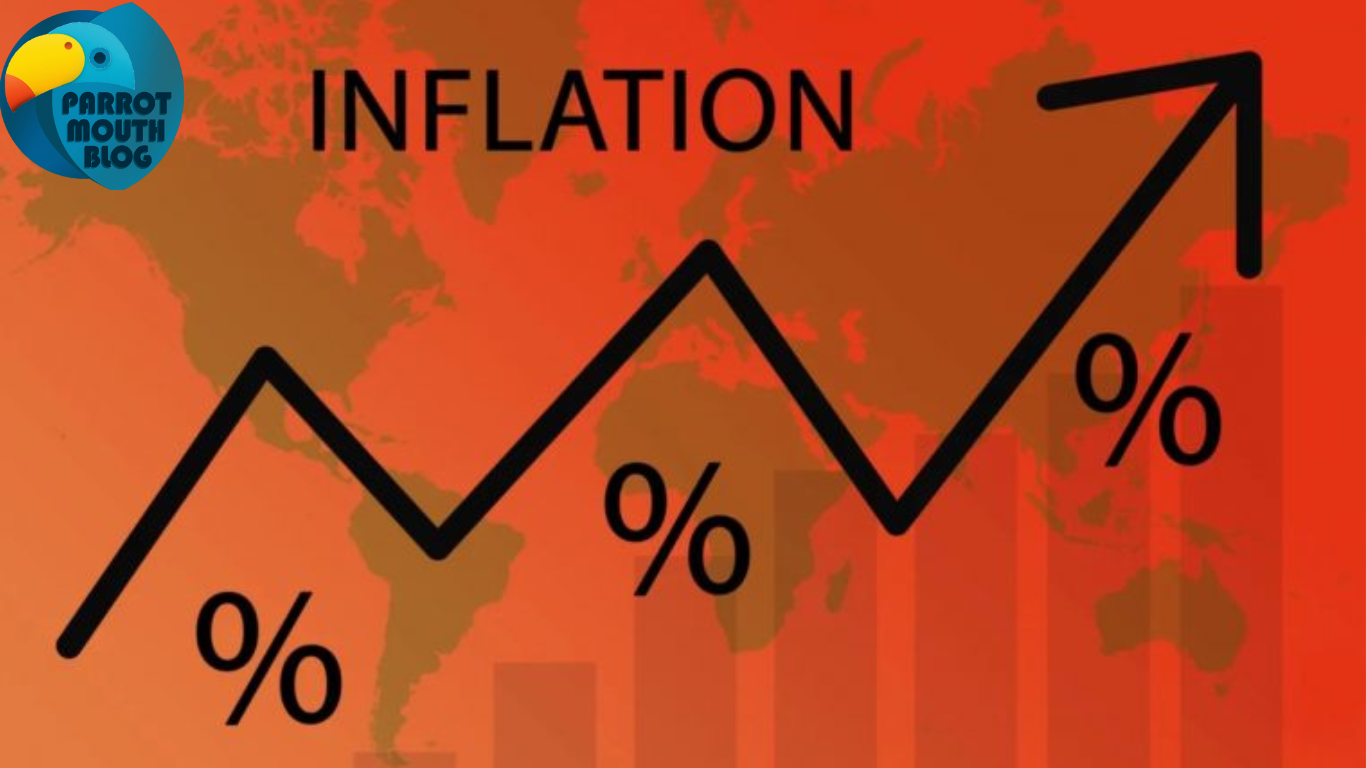The Organised Private Sector (OPS) has raised alarms over Nigeria’s ongoing inflationary pressures, warning that the continuous rise in inflation is pushing up the costs of production, raw materials, logistics, machinery, and other business inputs. According to the National Bureau of Statistics (NBS), the country’s inflation rate increased to 34.80% in December 2024, slightly higher than the 34.60% recorded in November of the same year.
The latest Consumer Price Index (CPI) report pointed out that this marginal rise of 0.20% was largely driven by increased demand for goods and services during the holiday season.
When compared to the previous year, December 2024’s inflation rate was significantly higher—5.87 percentage points up from the 28.92% recorded in December 2023, indicating a relentless upward trend in consumer prices. Several factors, including currency depreciation, high energy costs, and ongoing supply chain disruptions, have been contributing to this rise.
The NBS further noted that the average inflation rate for the entire year of 2024 was 33.24%, a steep increase from 24.66% in 2023, reflecting ongoing inflationary pressures throughout the year.
The NBS explained:
“In December 2024, the headline inflation rate was 34.80% relative to November 2024’s rate of 34.60%. The marginal increase of 0.20% was driven by the December festive season’s heightened demand for goods and services.”
The report also revealed that food and non-alcoholic beverages were the primary drivers behind the inflation spike, contributing 18.02% to the overall figure. Other sectors such as housing, water, electricity, gas, and fuels (5.82%), and transport (2.26%) also played significant roles in driving up inflation. Smaller contributions came from health (1.05%) and communication (0.24%).
Urban areas saw higher inflation rates compared to rural areas. Urban inflation reached 37.29% year-on-year in December 2024, a 6.30 percentage point increase from December 2023’s 31.00%. On a month-on-month basis, however, urban inflation slightly declined to 2.56% from 2.77% in November. Rural inflation, on the other hand, increased to 32.47% year-on-year, up from 27.10% in December 2023, with a slight drop in month-on-month inflation to 2.32% from 2.51%.
Food inflation reached a staggering 39.84% year-on-year in December 2024, a significant rise from 33.93% in December 2023. This surge was driven by higher prices for essential staples like yams, rice, maize, and dried fish. However, on a month-on-month basis, food inflation showed signs of easing to 2.66% from 2.98% in November, thanks to price reductions in items such as local beer, soft drinks, and tubers.
Core inflation, which excludes volatile agricultural products and energy, stood at 29.28% year-on-year in December 2024, up from 23.06% in the same period of 2023. Key drivers of this included increases in transport fares, meals at local restaurants, and personal grooming services.
Reactions from the private sector have been swift and critical. Segun Kuti-George, National Vice President of the Nigerian Association of Small-Scale Industrialists, warned that the rising inflation would lead to higher production costs, making locally produced goods more expensive for consumers.
Kuti-George explained:
“The rising cost of raw materials, logistics, machinery, and other inputs means higher prices for products, reducing consumers’ purchasing power and increasing inventory levels. This creates a vicious cycle. If imported goods become cheaper than locally manufactured ones, it could lead to more business closures.”
He also expressed skepticism over the effectiveness of interest rate hikes, stating, “It seems the Nigerian economy is defying economic theories.”
Similarly, Dr. Femi Egbesola, National President of the Association of Small Business Owners of Nigeria, highlighted the negative impact of inflation on the private sector, stating that it erodes purchasing power, raises production costs, and diminishes profitability. Egbesola noted that inflation has made Nigeria’s business environment less appealing to investors, hindered exports, and stunted economic growth, all while contributing to higher unemployment rates, lower national income, and increased poverty.
Egbesola also stressed that inflation has undermined savings and investments in the private sector, while significantly increasing governance costs.
Olusola Obadimu, Director-General of the Nigeria Association of Chambers of Commerce, Industry, Mines, and Agriculture, attributed the inflation surge to cost-push factors and acknowledged that it would be difficult to manage under the current circumstances. He remarked, “Nigeria’s inflation remains high despite the Central Bank’s repeated hikes in the monetary policy rate, which were never sufficient to effectively address inflationary pressures.”








